We want to save people from surgery and make their life healthy
Kidney stones, as the name itself suggests, are stones that form in the kidneys and can be as tiny as a speck of dust, or as big as the size of a tennis ball. Apart from kidneys, the stones can also form anywhere along the urinary tract which includes the ureter, bladder, and urethra. After your body absorbs the nutrition it needs, the remaining waste products travel through the bloodstream to the kidneys The waste products get removed from your body through urine. When there is too much waste and too less liquid in the urine, crystals begin to form which stick together and form solid masses or kidney stones. A kidney stone is a hard mass developed from crystals that separate from the urine within the urinary tract.

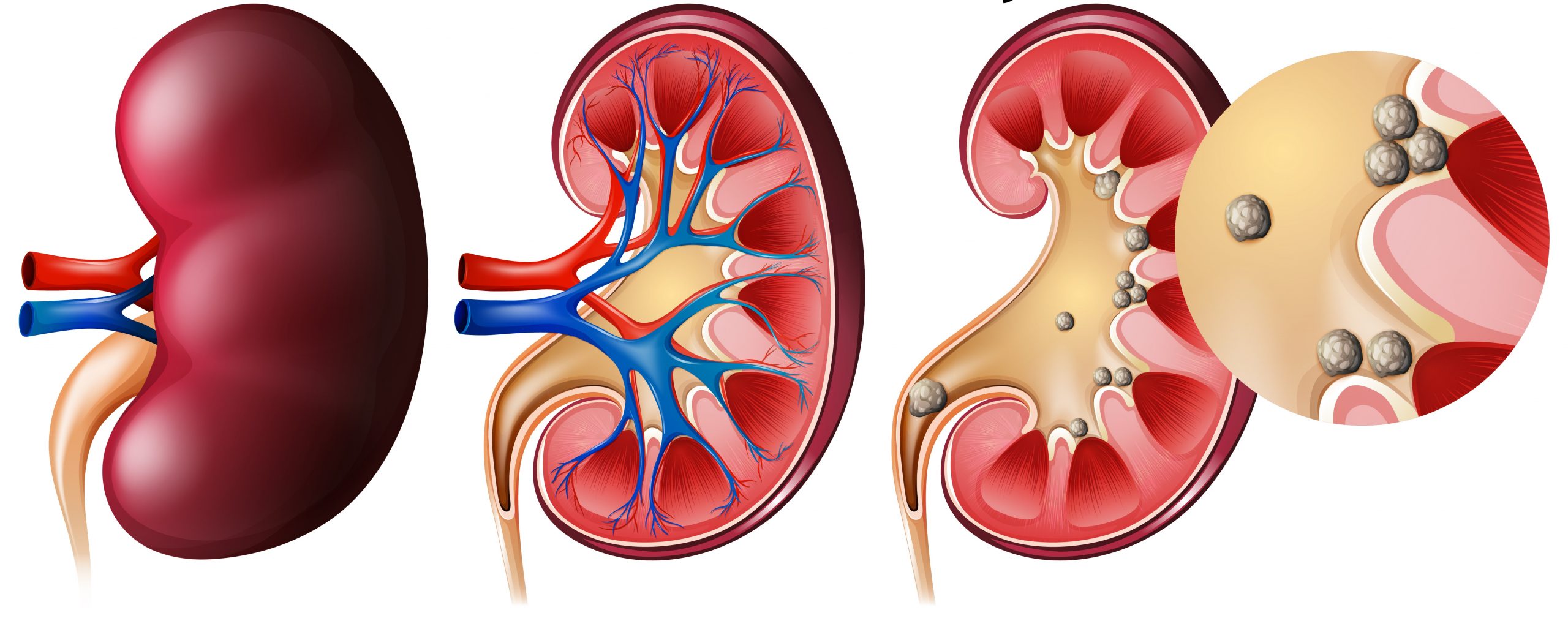
Kidney stones cause excruciating pain, tend to recur, and are distressingly common. It is known that approximately 30 % of people in the world will have at least one stone in the course of their lives.
The greatest risk factor for kidneys stones is making less than 1 liter of urine day. This is why kidney stones are common in middle aged people who have kidney problems. However, kidney stones are most likely to occur in people between the ages of 20 and 50.
.jpg)
Pain is a classic symptom of kidney stones. The pain is usually located in the flank or side and may radiate around to the abdomen as the urinary tract system. As the stone moves along the tract, it can block the natural flow of urine, which causes the kidney to swell. The pain from a kidney stone can be so intense that people end up in the emergency room. It’s important to understand why kidney stones can be a problem? Stones don’t always stay in the kidney. Sometimes they pass from the kidney into the ureters. Ureters are small and delicate and the stones may be too large to pass smoothly down the ureter to the bladder.
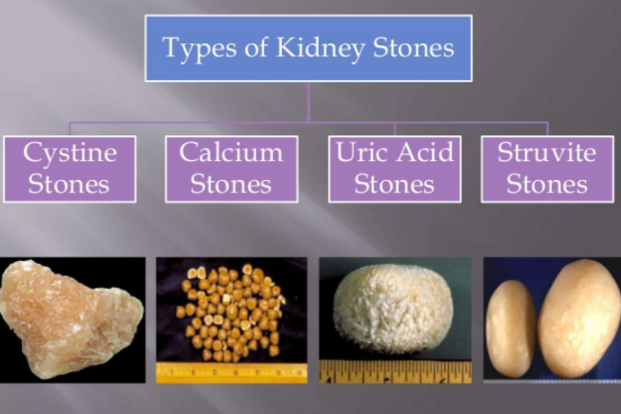
Knowing the type of kidney stone helps determine the cause and may give clues on how to reduce your risk of getting more kidney stones. There are four main types of kidney stones:
A kidney stone can be as tiny as a grain of sand, and you can pass it through urine without even knowing. But a bigger one can block your urine flow and hurt a lot. Some people say that pain can be worse than childbirth. Causes which can lead to kidney stones include:
Kidney stones are known to cause severe pain. Symptoms of kidney stones may not occur until the stone begins to move down the ureter. The common symptoms of kidney stones include:
In the case of a small kidney stone, you may not have any pain or symptoms as the stone passes through your urinary tract. After getting to know your symptoms, medical history and after a complete examination, certain tests are to be taken to confirm the diagnosis of kidney stones. The tests may include:
Other tests include:
The best home remedy to encourage the stone to pass is to drink lots of fluids, especially plain water and citrus juices such as orange or grapefruit. The extra fluid causes you to urinate more, which helps the stone move and keeps it from growing. You should aim for at least 2 to 3 liters of water per day. Lemons contain citrate, which can break up small stones, allowing them to pass more easily. You can add freshly squeezed lemons to your water as often as you like.
Basil also contains acetic acid, which helps to break down the kidney stones and reduce pain. It’s also full of nutrients. You can use Fresh or Dried Basil Leaves to make a tea and several cups per day. You may also juice fresh basil in a juicer or add it to a smoothie. Other home supplements include Apple Cider Vinegar, Pomegranate Juice.
Although it may be uncomfortable, it’s possible to pass a kidney stone on your own. Smaller stones are more likely to pass on their own, so you should take steps to keep the stone from growing. This includes eating a diet that’s low in salt, calcium, and protein. However, you need all of these for the body to function properly, so talk to your doctor about an appropriate diet to help you pass the stone. Passing a kidney stone can be very painful. A heating pad can also help.
Having a kidney stone makes you more likely to have more kidney stones in the future. To reduce the risk of developing more stones, it’s important to make sure that you drink enough water to keep your urine light yellow or clear and eat a diet high in fruits and vegetables and low in salt. We at NHC, help you to figure out what diet, herbal medicines and lifestyle changes are best for you.
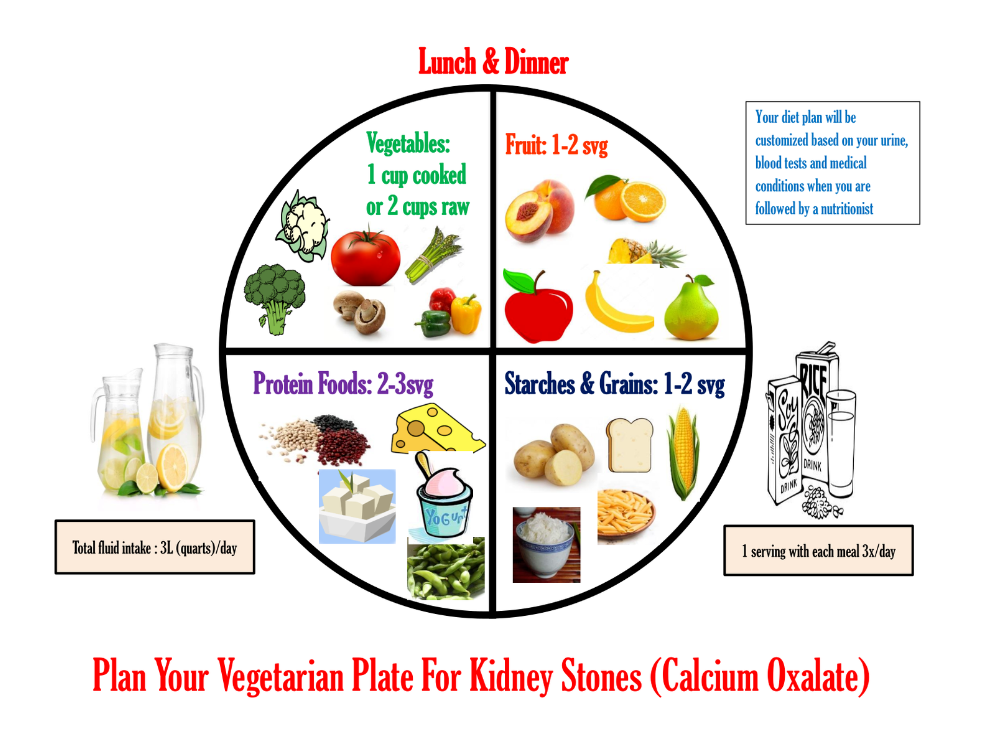
A couple factors determine how long you’ll spend waiting for a kidney stone to pass:
We want to save people from gallbladder surgery and make their life healthy
One of the patients at NHC Life, Mr. Yuvraj Singh detected in his reports gallbladder and kidney both stones, as he shares his journey he says, after I underwent an ultrasound in which one stone of 8.4 mm in the gallbladder were detected as well as one 4.7mm stone, were detected in my kidney. I was really scared of the idea of my reports and as I went to other doctors they advised me to undergo a surgical treatment for removal of gallbladder and for kidney stones they asked me to be on regular medication initially, as I wasn’t convinced with the idea of surgery I came across videos Natural Health Care and I am glad I did. After coming to NHC, I was sure that my stones will be removed from kidney and gallbladder as well. I was given medication along with diet care and I could see the results and change in my body within a few days. My family and Radiologist could not believe that the removal of stones was possible even without surgery. I am thankful to Natural Health Care Doctors and their Team.
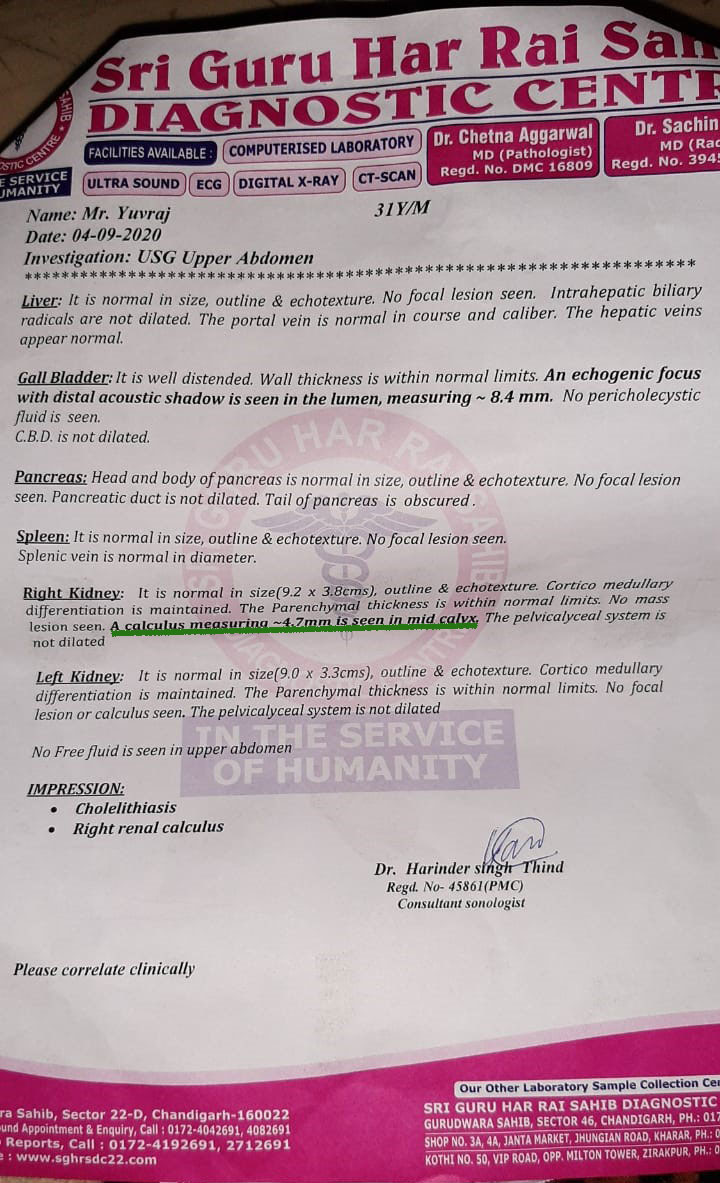
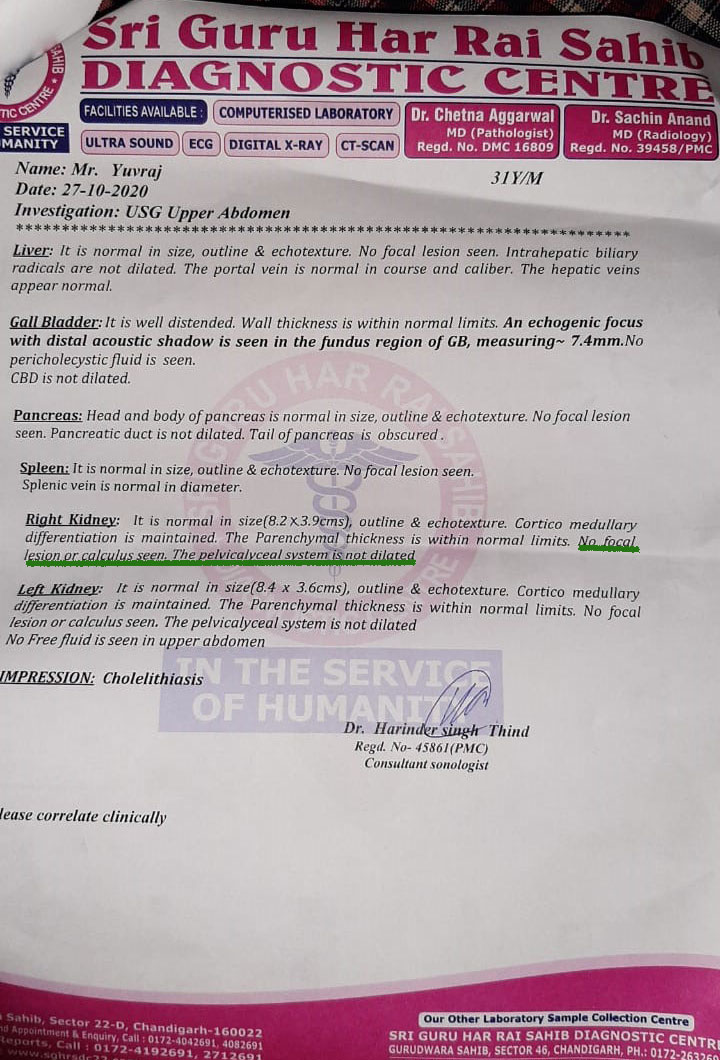
At NHC Life Center, we are happy to see our patients understand that if the count and size of the stones is more, the duration of treatment will be more. We congratulate all our patients for their success in our treatment as it is their belief which keeps us going for good.